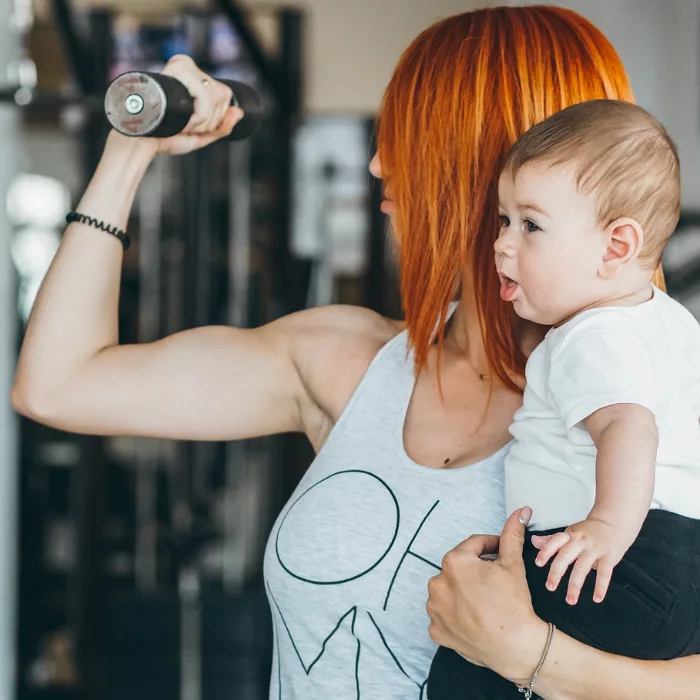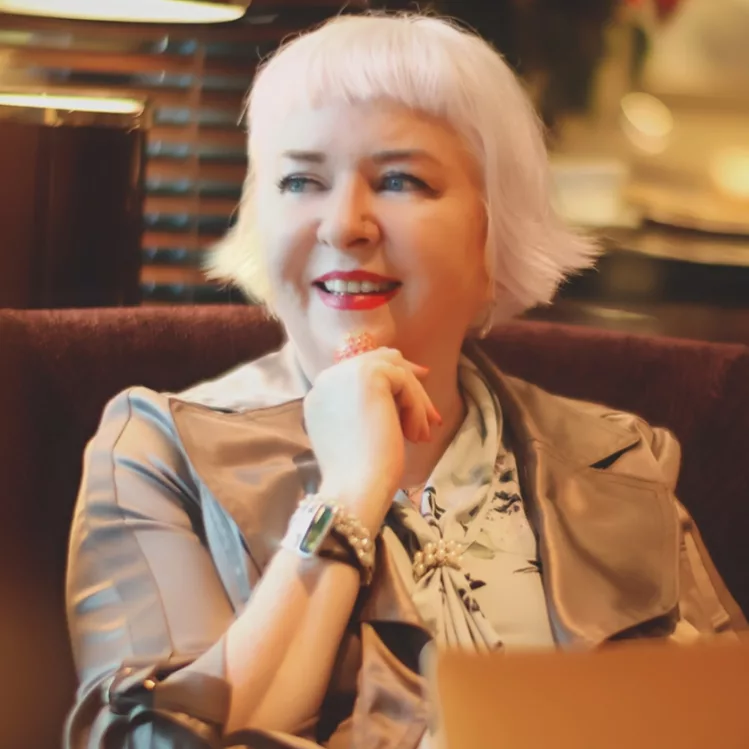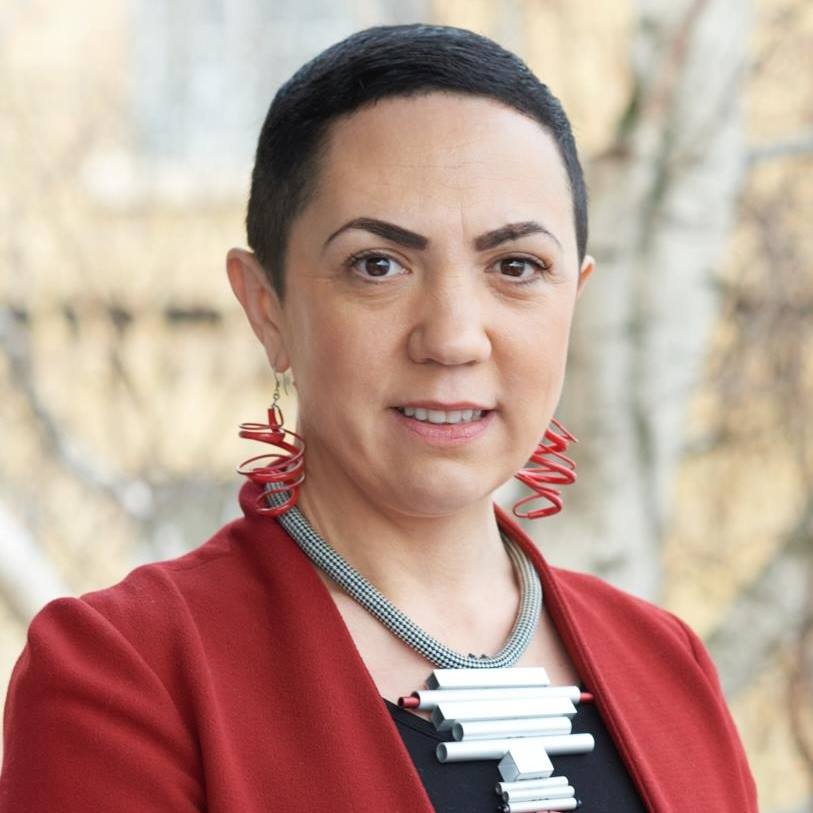
Ivana Bartoletti -My Passion About Politics
Never let other people frame your narrative about yourself and the world
By Fati Gorezi
Ivana Bartoletti is originally from Italy, moved to London in 2008 and lives with her husband and two children. Ivana is very passionate about politics, feminism and how we use the information that is gathered through so many forms with continual advances in technology. She is chair of the Fabian Women’s Network and has stood as a Labour candidate to be a Member of the European Parliament and also for the Greater London Assembly. In this insightful interview, Ivana shares her views about gender equality, men’s role in supporting women, feminism, and how artificial intelligence is, or should be used.
What does being a global woman mean to you?
[rml_read_more]
Being a global woman means realising that women’s rights are far from being fully achieved – and that we’re all sisters in fighting for them. Women’s movements are key to achieve change for everyone, here in Britain and everywhere in the world. We live in very dangerous and difficult times, and we are at risk of seeing the clock turned back. Nationalisms, protectionisms and racisms are on the rise everywhere with claims of building walls instead of bridges across peoples, continents and cultures. For women, this is particularly worrying: as populism rises, gender equality risks going backwards. Sadly, it is always women who are hardest hit, especially as our bodies tend to be used as weapons and battlegrounds. Being a global woman means not allowing this new emerging narrative to take place. We must stop this, and continue the fight for equality – but we must demand men to be better allies in this fight.
As the Mayor of London has recently said, ‘there’s a growing narrative that the great campaigns for equality – and the need to celebrate our diversity – are somehow ‘political correctness gone mad’. Well, this is exactly what I am talking about. Over the last few weeks we have seen horrific stories about sexual harassment, and they happen everywhere. It is good that #metoo is bringing all this up into the public domain. But as it is important for women to get together to share experiences and gain strength, it is also crucial that men join the battle alongside us, and speak up against chauvinism as and when they see it. Being a global woman means being alert and never, never, never stop demanding what belongs to us, here in the UK and with our sisters across the globe.

What is your opinion about gender equality in political representation? What else should be done?
Gender representation is key. We need more women in politics, business and everywhere else in society. More women at the top and in every sector is an imperative. The recent scandal about women in the BBC paid much less than men tells us that more diversity at the top will shift the culture of our workplaces. But together with representation at the top, we need to remove the obstacles that stop women from working in the first place: pregnancy and maternity discrimination, lack of affordable childcare and a terrible culture of presentism that prevents parents from realising their potential in both their public and private sphere. We definitely need more women in politics – but we also need new ideas. And I think this is the most important thing. As populism is on the rise and mainstream parties loose appeal and grounds, now it is the time for politics to regenerate itself. As a progressive woman, I think there has always been more Left in Feminism than Feminism in the Left, and it is probably time to reframe the narrative around what being progressive means. Feminism, which is in itself a culture of change, transformation and power, could be instrumental in redefining that.
So yes, we need more women – but we also need the transformative spirit of Feminism to change politics. Foreign affairs is a key example: there is a vast movement of politicians advocating for a feminist foreign policy with Canada and Sweden flying the flag at global level. We certainly want more of that at this present time.
Why is your position as chair of the Fabian Women’s Network important for you as a woman, and as a public speaker?
The Fabian Women’s Network does three things: ideas, mentoring and networking. Our society needs all three. Ideas are important right now – in the complex times we are trying to navigate, we need radical ideas, and feminism is instrumental to create them. So we talk about everything: tech, industrial strategy, healthcare, foreign affairs – but through feminist lens. Our flagship mentoring programme allows women from every background to progress in their professional career, and supports those who want to stand for Parliament. I love looking at these women thrive, and love the energy between them all, always keen to help each other. I am privileged that as chair, I can talk at events, conferences and seminars about what I think about the world, and get to meet some of the most interesting people in the world! We regularly host networking sessions and provide a safe space for members to share ideas, and ask for advice. Women’s life is a roller coaster, especially as women’s bodies change with babies, hormones and menopause. People still fail to understand this – and women gain strength when they can share their feelings amongst others, and share solutions on how to cope with what life presents.
We all live in a global world where everything moves every day. There are many technologies and information around. Who do you believe has control over information?
I love our fast moving technology, and seriously think that, although in a distruptive way, artificial intelligence will bring benefits and create more jobs than it will destroy. However, there are inherent risks in all this. A data driven society introduces new ethical issues around discrimination as well as privacy. For example, we know the role that big data play, that our journeys on the internet are tracked and shared and that is why we receive personalised advertising to entice us as consumers. Behavioural analysis through our online identities is now an essential part of marketing as well as politics. Our connected homes, whislt being great and making our lives more enjoyable, also pose risks in terms of huge amount of data collected. And the risks go way beyond criminals simply obtaining usage data to see whether families are at home or away. Information regarding usage can determine when people are asleep, when they’re awake, whether they use TV, how often they do their laundry and even down to whether anyone suffers from insomnia or whether people sleep in the same room when connected with other devices.
In my job as head of Privacy and Data Protection at Gemserv, I deal with all these issues and help companies create privacy framework around their services that their customers can trust. And companies that are able to create trust and be customer-centred, will ultimately edge their competitors. I also work and campaign against bias in Artificial Intelligence – companies use AI to predict everything from the credit worthiness to preferred cancer treatment. The technology has blind spots that particularly affect women and minorities. For example, a report recently found that a computer program widely used to predict whether a criminal will re-offend, discriminated against people of colour. This is certainly not right.
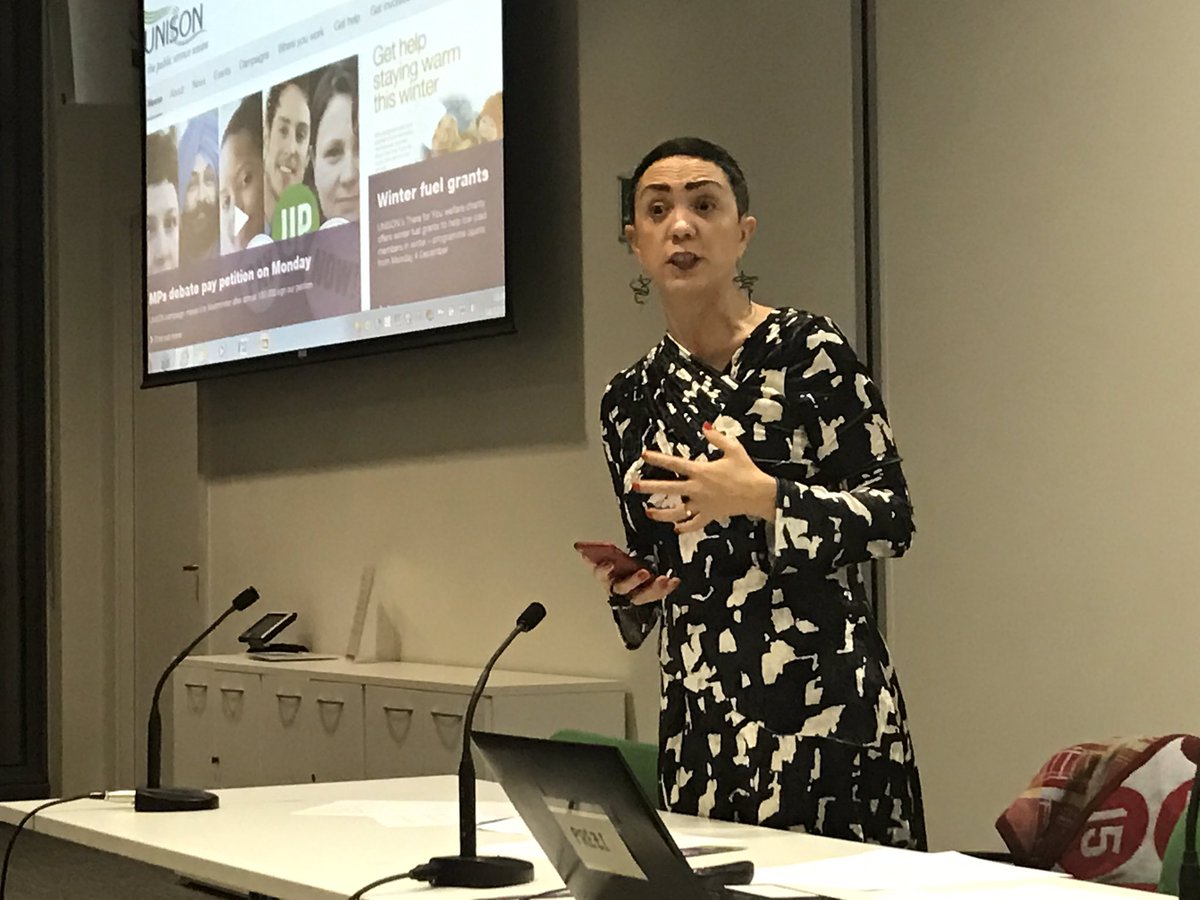
How is it going to be in the future? What will artificial intelligence predict?
Our future is going to be how we want it to be – it’s up to us. Sadly, I think we are not doing much to make the most of what technology can do for us. I think we have underestimated the impact that tech was going to have on lower skilled jobs, and we’ve failed to reform our education system to face up to the challenge. In turn, lack of growth and absence of a serious industrial strategy in the global world we live in, has impoverished many who, erroneously, have identified migrants as the main source of the problem. This is a shame, as migrants have had a positive effect on the economy and on our society.
So our future can be great if we start having an honest debate about the world we live in, what has driven the race to the bottom in salaries, what has caused our spiralling household debt whilst increasing the gap between the rich and poor. Artificial intelligence can be great at improving our lives but we must make sure we create good governance around it.
In August 2017 you where a finalist for an Inspiring Global Woman Award – how did that makes you feel?
It was truly great, and has given me the confidence to continue to strive in my personal and professional life. There was a great atmosphere in that room, and loved being surrounded by people from all over the world.
You seem to be very goal oriented – and you achieve whatever you focus your mind on; Is there any formula that you can share with our readers?
Yes. First, never let other people frame your narrative about yourself and the world. This is so important. We have to stick to our principles, ideas and dreams and never let others to decide what we want to be. This is a danger for women – we are expected to be good mothers, wives and if we want a career, we are surrounded by popular wisdom telling us what is good or bad for our children. We cannot be wonder women and that is absolutely fine!
Second, pick some true friends and mentors and share ideas with them. Identify a woman you like and ask her to mentor you. If she is a sister, she will love to help.
Third, learn to fail and never apologise. Don’t ask permission to be in a certain place or do what you like doing. Just be yourself.
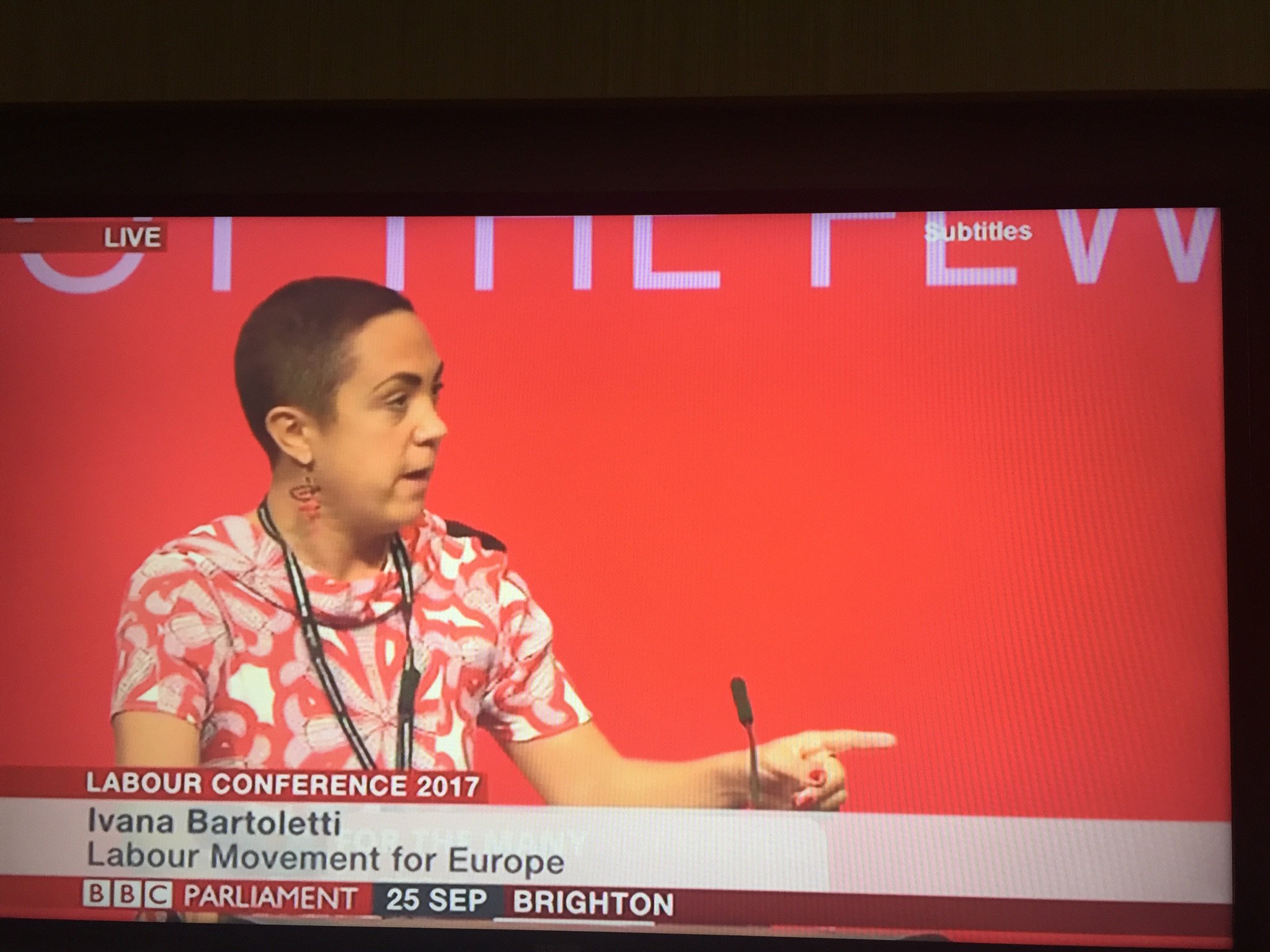
What about your personal life? How have you managed to find the balance between your personal and professional life?
I live by these three rules:
- I carve out time for a massage every week as I do not want my body to feel the stress.
- I thrive in the relationship with my twelve year old, the questions he asks and the challenges he poses. And I love raising my two year old daughter. My family is very important to me, especially the love for my husband that allows me to feel respected, cared for and always loved. Family life is not always easy but, when it works, must be nurtured and grown.
- I forget the guilt and forget being perfect. I am not and, frankly, I do not care. I just do my best and, in the recognition that I cannot be perfect, lies my strength.



